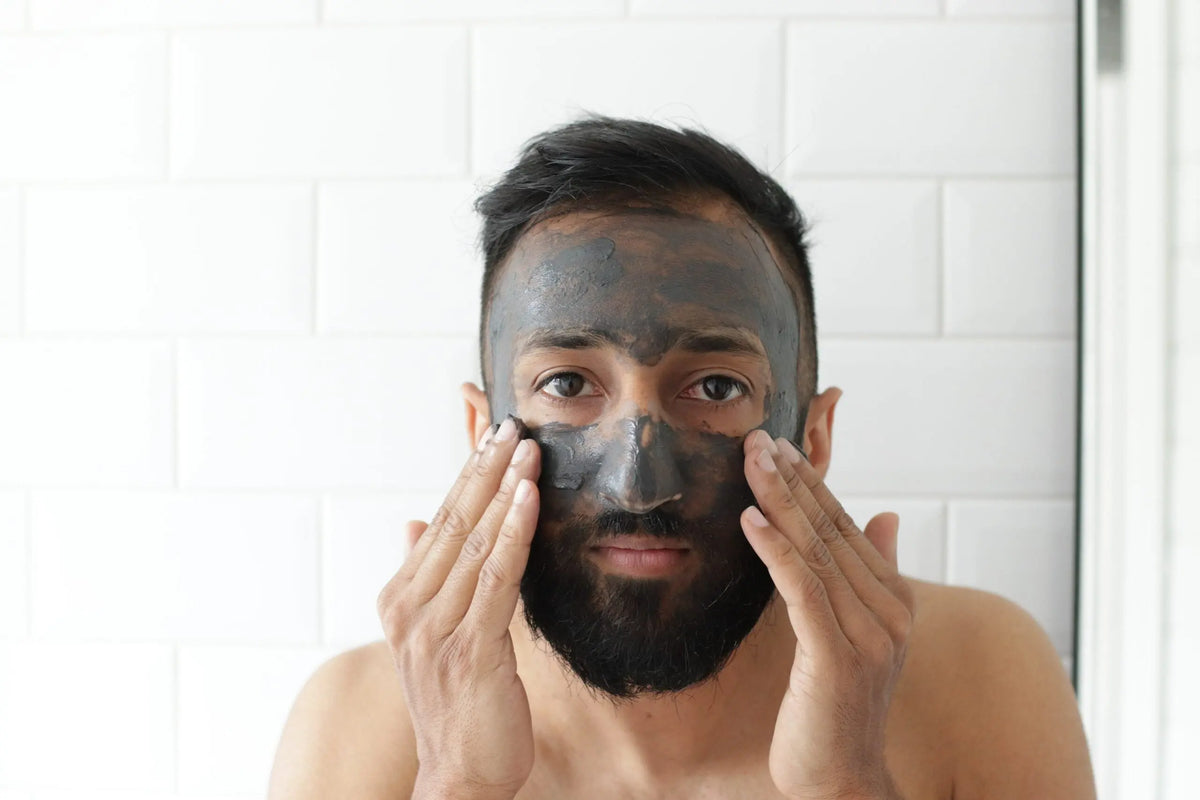
Understanding Your Skin's Relationship With Sleep
|
Time to read 3 min
This store requires javascript to be enabled for some features to work correctly.
Written by: Bethany Gemmell
|
Time to read 3 min
Your skin, just like every other part of your body, is affected by your sleep. Good quality sleep brings restoration for your body after the wear and tear of the day. Skin is the largest organ in the body, and has a highly dependent relationship on your sleep. Getting the minimum seven hours of uninterrupted sleep per night is essential for the skin to recover from the damage of daily living.
When you're sleep deprived, tiredness is evident on the skin. In the short term, skin turns dry and discoloured, and has effects such as bags under the eyes. In the long term, continuous poor sleep leads to more permanent skin issues, such as sagging and wrinkles.
To prevent irreversible damage to your skin, it is important to understand its relationship to sleep as a whole. When sleep doesn't come easily, knowing quick bedtime skin hacks can prevent much of the damage caused by sleep deprivation.
Skin is most prominently affected during the final stage of the sleep cycle. Rapid Eye Movement (REM) sleep is the deepest sleep stage, and decreases the release of cortisol - your body's stress hormone. During this period, the temperature of your body cools down and your muscles relax, prompting the release of collagen.
Collagen is a common ingredient in skincare products - and for a reason. Collagen upholds the structure of your skin, providing hydration and elasticity. As you age, your body produces less collagen, prompting effects such as wrinkles. Good quality sleep will bring nightly recovery that keeps skin glowing for a long time, no matter your age.
The simplest explanation of this relationship is that the more sleep you get, the better for your skin. Sleep deprivation means that you're not getting the collagen release needed in order to ensure firmness and moisture. On top of that, you need to ensure that you're reaching the deepest sleep levels possible. Hitting the REM stages is required to have the collagen release that replenishes our skin.
As discussed, good quality sleep prompts the release of the cortisol hormone. This release creates lower stress levels. Stress, when untreated, will show on your skin. Cortisol can inflame the skin and cause the puffiness that creates eye bags. Stress can also bring on symptoms like acne and wrinkles over time.
Keeping yourself in a cosy bedroom resting keeps your skin away from harmful environmental impacts. UV rays and pollution are two ways that your skin gets damaged during the day. Even if you aren't getting eight hours of quality sleep, you'll be resting in a room away from daily damage.
Insomnia, amongst other sleep-related health problems, are often long-term. These often cannot be fixed with simply attempting to sleep for longer. That does not mean, however, your skin has to suffer completely. There are many things that can be done to improve the look of your skin at bedtime.
For example, having a shower and completing your skincare routine just before bed can make a difference. Going to bed with clean skin ensures you are not spending the night covered in facial bacteria. This leads to dry skin. Moreover, your skin is at its most absorbent while recently clean. If you use anti-wrinkle cream, for example, a fresh face at night is the best time to apply it.
Silk bedding and clothing has been proven to be good for your skin. This is particularly the case for material that you place your face on. For example, silk pillows and eye masks are less irritable than their cotton counterparts. Their silk properties are less absorbent, meaning that your face isn't covered in sweat and other bacteria during the night. Retaining your skin's natural moisture insures the skin stays hydrated.
Receive 10% off your first order when you subscribe to our newsletter


